Home>Articles>What Temperature To Boil Water On Induction Cooktop
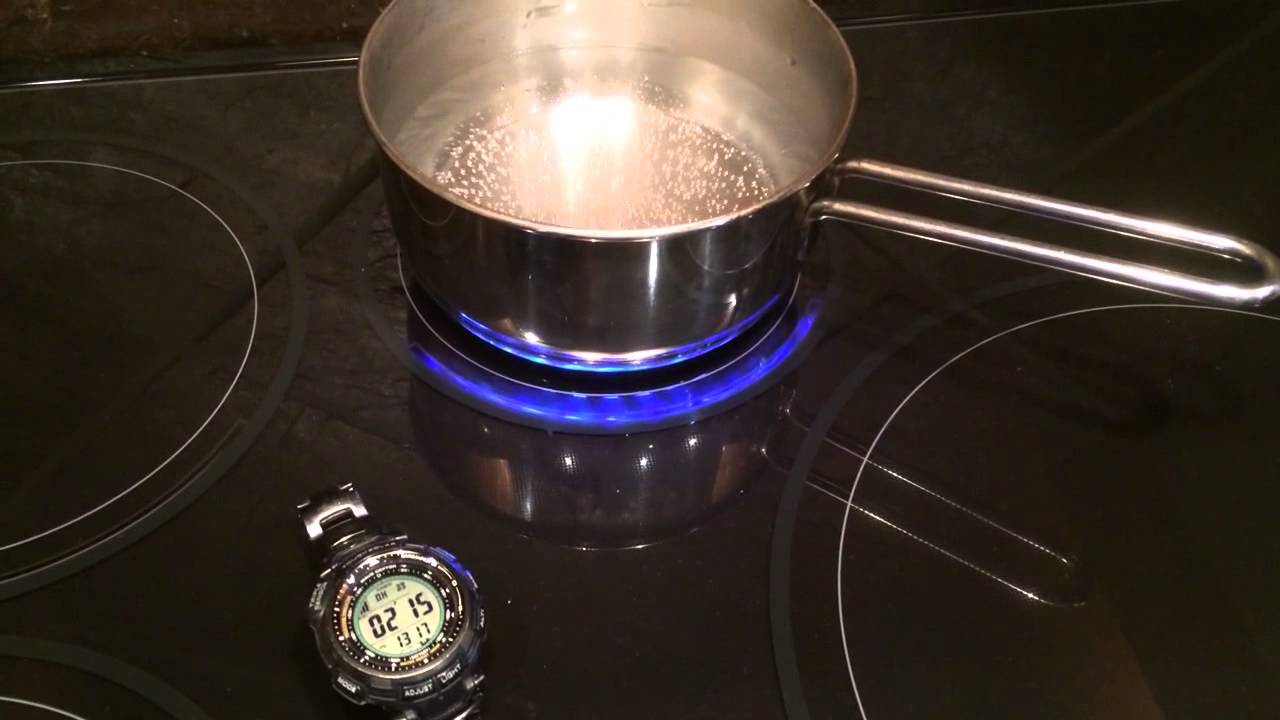

Articles
What Temperature To Boil Water On Induction Cooktop
Modified: March 20, 2024
Discover the perfect temperature to boil water on an induction cooktop with our informative articles. Achieve optimal results every time you cook.
(Many of the links in this article redirect to a specific reviewed product. Your purchase of these products through affiliate links helps to generate commission for Storables.com, at no extra cost. Learn more)
Introduction
Welcome to the world of induction cooking, where precision and efficiency meet. Induction cooktops have become increasingly popular due to their fast heating capabilities and energy efficiency. If you’re new to using an induction cooktop, you might have some questions about boiling water. What temperature should you set? How does it differ from other cooking methods? In this article, we will explore the ins and outs of boiling water on an induction cooktop.
Before we delve into the specifics, let’s take a brief look at how induction cooktops work. Unlike traditional gas or electric cooktops, which use thermal conduction to heat the cookware, induction cooktops utilize electromagnetic fields to directly heat the bottom of the cookware.
When you turn on an induction cooktop, an alternating electric current is passed through a coil beneath the glass surface. This current generates a high-frequency magnetic field. When a compatible magnetic material, such as cast iron or stainless steel, is placed on the cooktop, the magnetic field induces electrical currents within the cookware, creating heat.
Key Takeaways:
- Induction cooktops offer precise temperature control and efficient boiling, making them ideal for various culinary needs. Choose induction-compatible cookware and adjust settings for optimal results.
- Factors like altitude, cookware, and water quantity can affect boiling temperature on induction cooktops. Follow tips for efficient boiling and enjoy the convenience of precise temperature control.
Read more: How Long To Boil Eggs On Induction Cooktop
How Induction Cooktops Work
Induction cooktops work on the principle of electromagnetic induction. As mentioned earlier, an electric current passing through a coil beneath the glass surface generates a high-frequency magnetic field. This magnetic field then interacts with the cookware, inducing electrical currents and generating heat.
One key advantage of induction cooking is its efficiency. Since the heat is directly generated in the cookware itself, there is less wasted energy compared to gas or electric cooktops. Induction cooktops also heat up much faster, saving you valuable time in the kitchen.
Another benefit of induction cooktops is their precise temperature control. The heat generated is consistent and immediate, allowing you to quickly adjust the cooking temperature to your desired level. This makes them ideal for not only boiling water but also for various cooking techniques that require precise heat control.
It’s important to note that not all cookware is compatible with induction cooktops. For the magnetic field to induce electrical currents, the cookware must have a magnetic bottom. Materials such as cast iron, stainless steel, and certain types of enameled cookware are suitable for induction cooking. Aluminum, copper, and non-magnetic stainless steel won’t work on an induction cooktop unless they have a magnetic base or are layered with a magnetic material.
Boiling Water on an Induction Cooktop
Boiling water on an induction cooktop is a breeze thanks to the efficient heating capabilities of induction technology. Whether you’re making tea, cooking pasta, or preparing a delicious broth, boiling water is a fundamental step in many recipes.
To boil water on an induction cooktop, simply follow these steps:
- Place a suitable induction-compatible pot or kettle filled with water on the cooktop. Ensure that the pot or kettle is centered on the heating element for optimal heat distribution.
- Turn on the induction cooktop and select the desired temperature setting. Most induction cooktops have temperature controls that allow you to adjust the heat precisely.
- Wait for the water to reach boiling point. With induction cooktops, this process is typically faster compared to other cooking methods. The high heat generated by the electromagnetic field rapidly heats the water, bringing it to a rolling boil.
- Once the water is boiling, reduce the heat if necessary or maintain the desired temperature for simmering, depending on your recipe.
It’s important to keep in mind that boiling points may vary slightly depending on location and altitude. At sea level, water generally boils at 100 degrees Celsius or 212 degrees Fahrenheit. However, the boiling point decreases as you go higher in altitude. Induction cooktops maintain a consistent heat output, regardless of altitude or external temperature.
One advantage of using an induction cooktop for boiling water is the precise temperature control it offers. You can easily adjust the heat setting to achieve a gentle simmer or a rapid boil, depending on your needs. This level of control allows for more accurate cooking and reduces the chances of overcooking or boiling over.
In the next section, we will discuss the ideal temperature for boiling water on an induction cooktop.
Ideal Temperature for Boiling Water on an Induction Cooktop
When it comes to boiling water on an induction cooktop, the ideal temperature depends on your desired outcome. Different recipes and purposes may require different water temperatures. Here are a few common examples:
- Boiling for Cooking: In most recipes that call for boiling water to cook ingredients like pasta, rice, or vegetables, the general guideline is to bring the water to a rolling boil, typically around 100 degrees Celsius or 212 degrees Fahrenheit. This high temperature ensures that the ingredients will cook evenly and efficiently.
- Boiling for Tea or Coffee: For brewing the perfect cup of tea or coffee, the ideal water temperature varies based on the type of beverage. White and green teas are delicate and require lower temperatures, around 70-80 degrees Celsius or 160-180 degrees Fahrenheit. Black teas and coffee, on the other hand, benefit from higher temperatures around 90-95 degrees Celsius or 195-205 degrees Fahrenheit. Adjust the temperature accordingly to achieve the desired flavor profile.
- Boiling for Sterilization: If you’re boiling water for the purpose of sterilizing kitchen utensils, baby bottles, or canning jars, a rolling boil between 100-120 degrees Celsius or 212-250 degrees Fahrenheit is typically recommended to ensure proper sterilization.
Keep in mind that these temperature ranges are general guidelines, and certain recipes or preferences may require slight adjustments. It’s always a good idea to follow specific instructions provided in the recipe or by the manufacturer of your tea or coffee equipment.
Fortunately, induction cooktops offer precise temperature control, allowing you to easily adjust the heat to reach and maintain the desired boiling temperature. The ability to fine-tune the temperature ensures consistent results and greater control over the cooking process.
Next, let’s explore some factors that can affect the boiling temperature on an induction cooktop.
When boiling water on an induction cooktop, set the temperature to high for a rapid boil. Induction cooktops heat up quickly, so keep an eye on the water to prevent it from boiling over.
Factors Affecting Boiling Temperature on an Induction Cooktop
While an induction cooktop provides efficient heat and precise temperature control, several factors can affect the boiling temperature of water. Understanding these factors can help you achieve optimal results when boiling water on your induction cooktop:
- Altitude: The altitude at which you are cooking can impact the boiling temperature of water. At higher altitudes, the atmospheric pressure is lower, which means that the boiling point of water is lower as well. As a general rule, water boils at a temperature lower than 100 degrees Celsius or 212 degrees Fahrenheit at higher altitudes. Be mindful of the boiling point adjustments if you are cooking at a significantly higher elevation.
- Cookware: The type and quality of cookware you use can affect the boiling temperature. Induction cooktops work best with pots and pans that have a flat, magnetic bottom. A good quality, heavy-bottomed pot or kettle will distribute heat evenly and allow for faster boiling. Using cookware with poor heat conductivity or warped bottoms may lead to slower and less efficient boiling.
- Quantity of Water: The amount of water you are boiling can influence the boiling time and temperature. Larger volumes of water take longer to heat up and may require higher temperatures to reach a boil. Similarly, smaller quantities of water tend to heat up faster and may reach a boil at lower temperatures.
- Induction Cooktop Power: The power output of your induction cooktop can affect the speed at which water boils. Higher-powered cooktops usually bring water to a boil more quickly than lower-powered ones. However, it’s important to note that even lower-powered induction cooktops can still boil water efficiently, albeit at a slightly slower rate.
- External Factors: Environmental factors such as room temperature, humidity, and the initial temperature of the water can impact the boiling time and temperature. If the room is colder, it may take longer for the water to reach a boil. Additionally, using cold or chilled water will require more energy and time to reach the desired boiling point.
These factors may require some adjustments in your cooking process. For example, if you are at a higher altitude, you may need to increase the heat setting or allow for a longer boiling time to compensate for the lower boiling point. Similarly, using larger quantities of water or cooking in a cooler environment may require higher heat settings or additional time to reach boiling.
Now that we’ve explored the factors that can affect boiling temperature, let’s move on to some tips for boiling water efficiently on an induction cooktop.
Read more: What Are The Benefits Of Induction Cooktop
Tips for Boiling Water Efficiently on an Induction Cooktop
To ensure efficient and effective boiling of water on your induction cooktop, consider the following tips:
- Choose the Right Cookware: Opt for high-quality cookware with flat, magnetic bottoms that provide good heat conductivity. This will ensure optimal heat transfer and faster boiling times.
- Use the Correct Pot Size: Using a pot or kettle that matches the size of your induction cooking zone will help heat the water more evenly and efficiently. Avoid using a pot that is too small or too large for the cooking zone, as this can lead to slower heating or heat loss.
- Add a Lid: When boiling water on an induction cooktop, always use a lid on your pot or kettle. This helps to retain heat and speeds up the boiling process by trapping the steam.
- Start with Hot Water: If you’re in a hurry, start with hot tap water instead of cold water. This will reduce the time needed to reach the boiling point and save energy in the process.
- Preheat the Induction Cooktop: Preheating the induction cooktop before adding the pot or kettle can help speed up the boiling process. Simply turn on the cooktop and let it reach the desired temperature before placing your cookware on it.
- Use the Right Temperature Setting: While most induction cooktops have temperature presets, it’s always best to experiment and find the right setting for your specific cookware and water quantity. A slightly higher setting may speed up boiling, but be mindful of excessive heat that could cause water to evaporate too quickly or boil over.
- Monitor the Boiling Process: Keep an eye on the boiling water to prevent spills and boil-overs. Adjust the temperature as necessary to maintain a gentle boil or simmer, depending on your recipe requirements.
- Clean Cooktop Surface: Regularly clean the induction cooktop surface, removing any residue or spills. A clean cooktop allows for better heat transfer and more efficient boiling.
By following these tips, you can ensure a smooth and efficient boiling process on your induction cooktop, saving time and energy while achieving the desired results.
Now, let’s wrap up our discussion on boiling water on an induction cooktop.
Conclusion
Boiling water on an induction cooktop is a convenient and efficient way to prepare hot beverages, cook pasta, or sterilize kitchen tools. The precise temperature control and rapid heating capabilities of induction cooktops make them an excellent choice for boiling water.
When boiling water on an induction cooktop, it’s important to consider factors such as altitude, cookware, quantity of water, and the power output of the cooktop. These factors can affect the boiling temperature and time required. By understanding these variables and making the necessary adjustments, you can ensure optimal results in your boiling process.
Remember to choose induction-compatible cookware with a flat, magnetic bottom and use the right pot size for efficient heat transfer. Adding a lid, starting with hot water, and preheating the cooktop can also speed up the boiling process. Adjusting the temperature setting and monitoring the boiling process help maintain a gentle boil or simmer.
By following these tips and utilizing the precise temperature control of your induction cooktop, you can confidently boil water for various culinary needs with consistent results.
So, whether you’re brewing a cup of tea, cooking a delicious pasta dish, or sterilizing kitchen tools, an induction cooktop provides the efficiency and precision you need to achieve the perfect boil.
Next time you reach for your induction cooktop to boil water, use the tips and techniques mentioned in this article to make the process faster, more efficient, and enjoyable.
Frequently Asked Questions about What Temperature To Boil Water On Induction Cooktop
Was this page helpful?
At Storables.com, we guarantee accurate and reliable information. Our content, validated by Expert Board Contributors, is crafted following stringent Editorial Policies. We're committed to providing you with well-researched, expert-backed insights for all your informational needs.
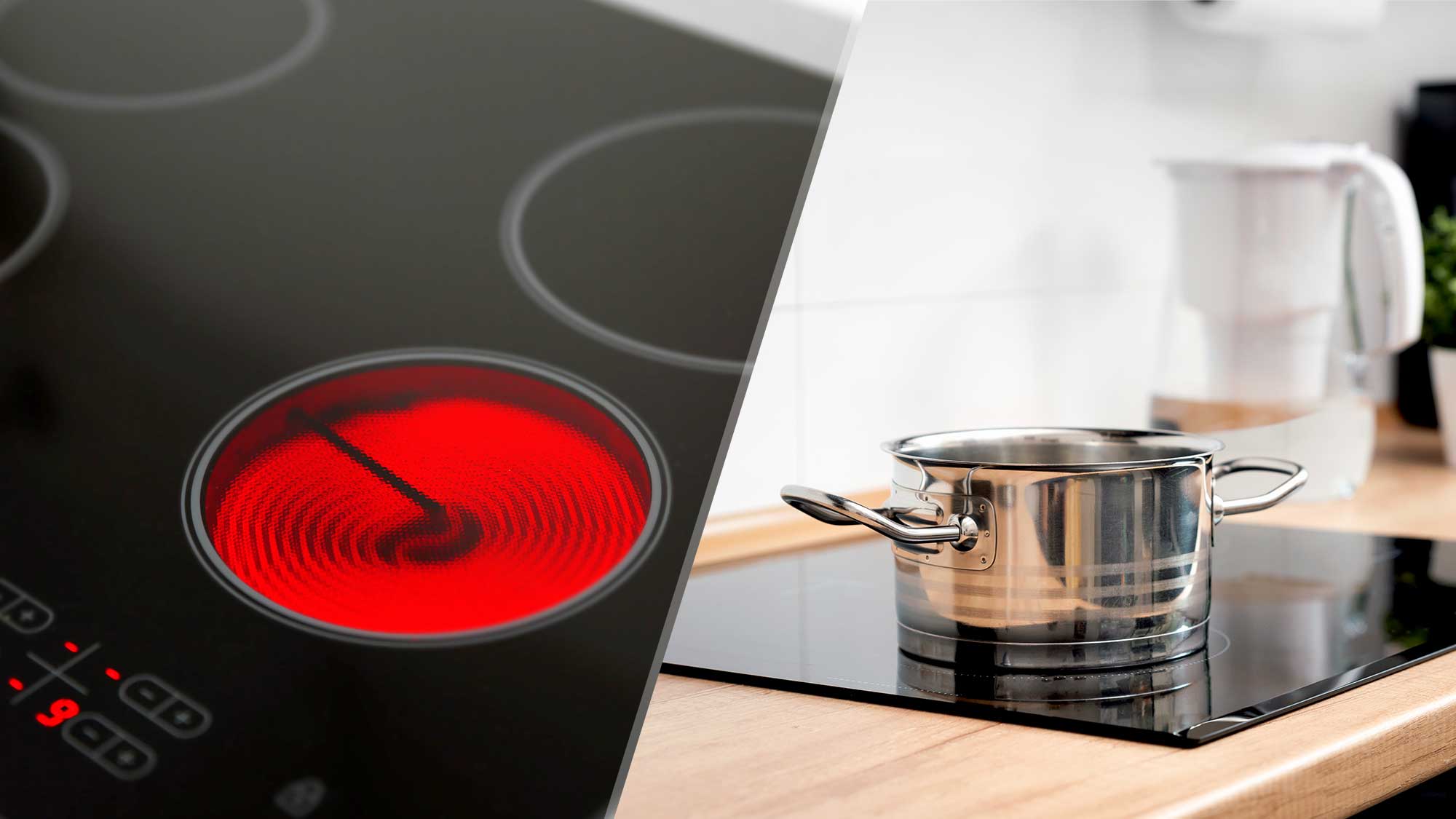
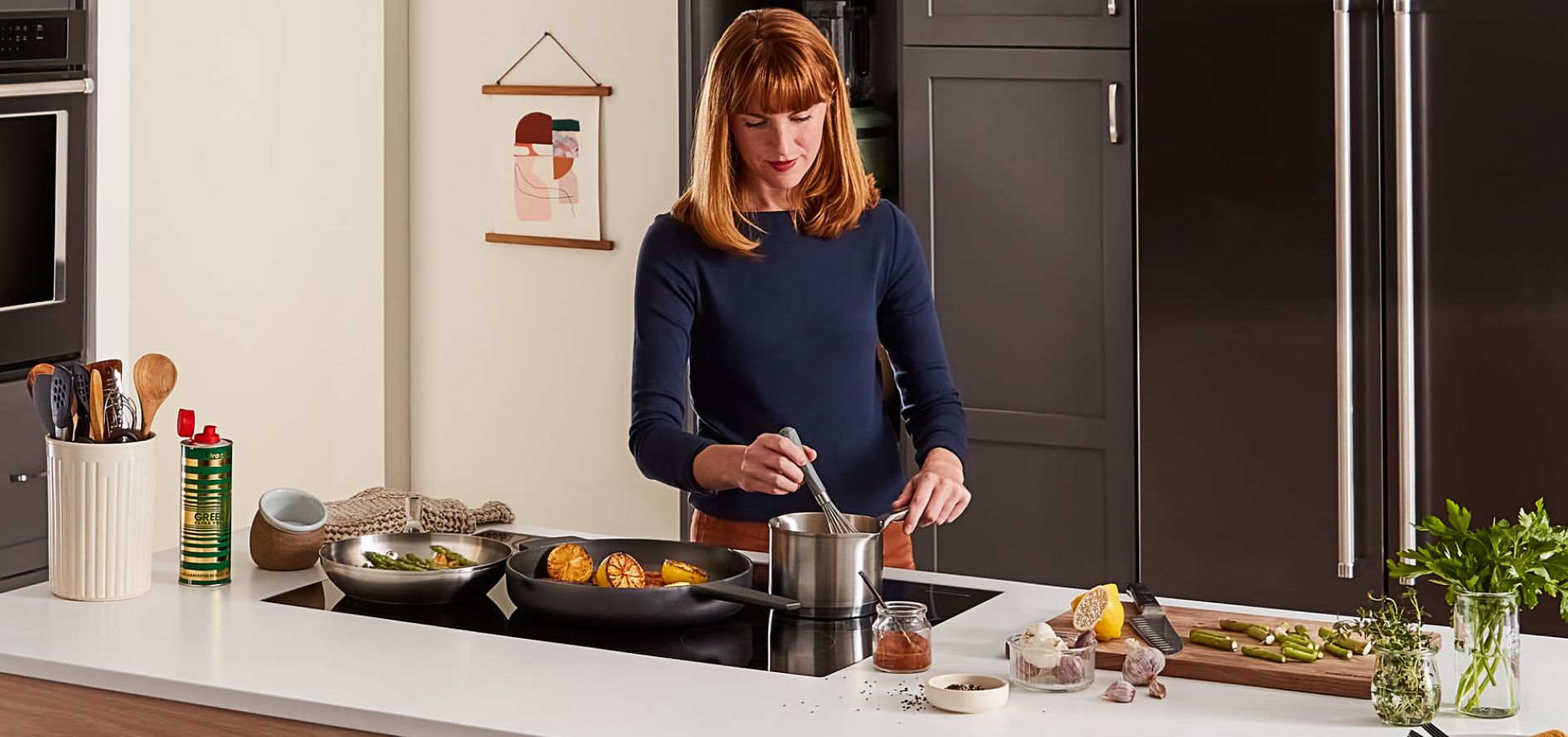
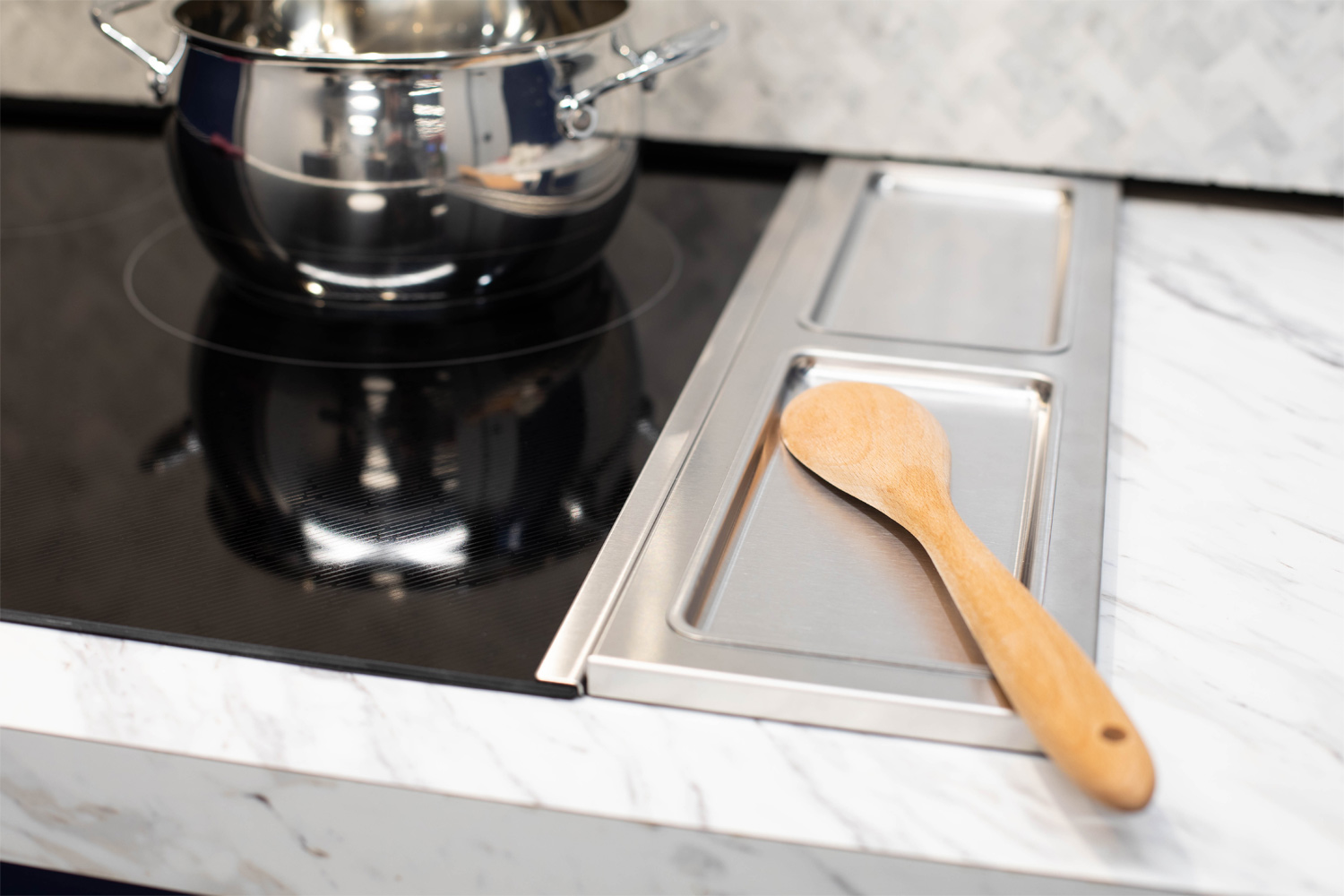
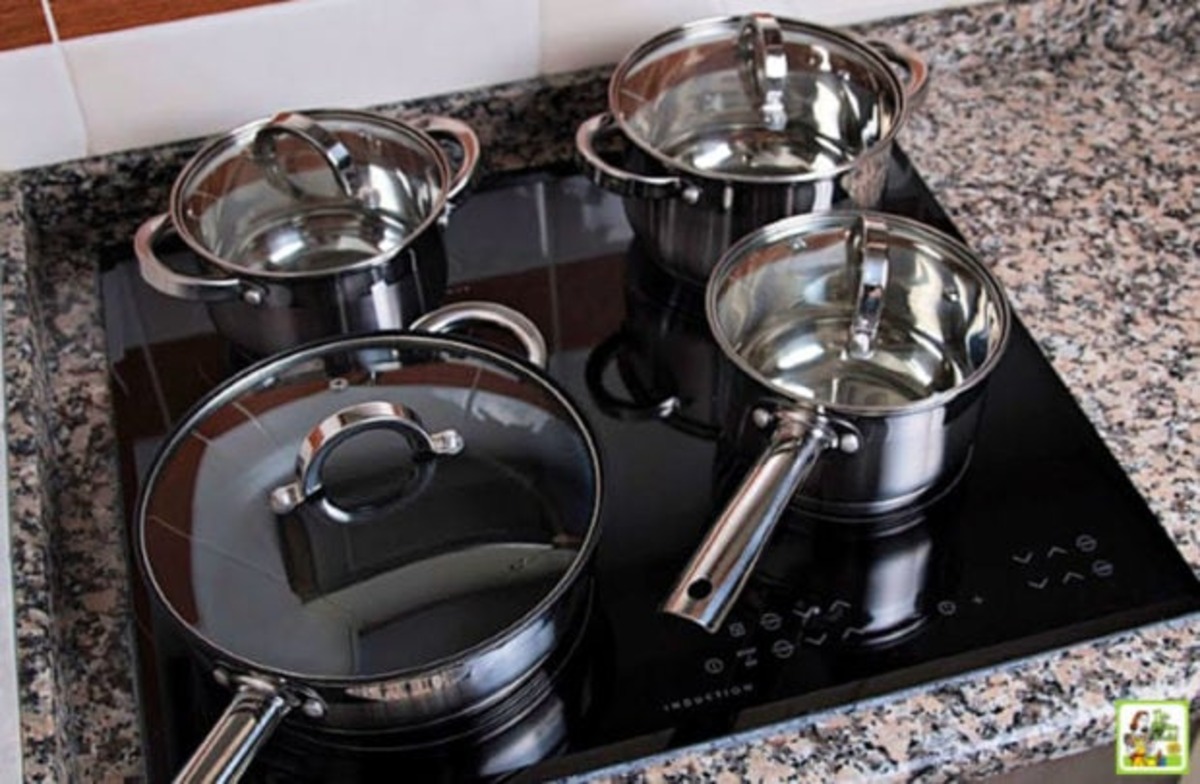
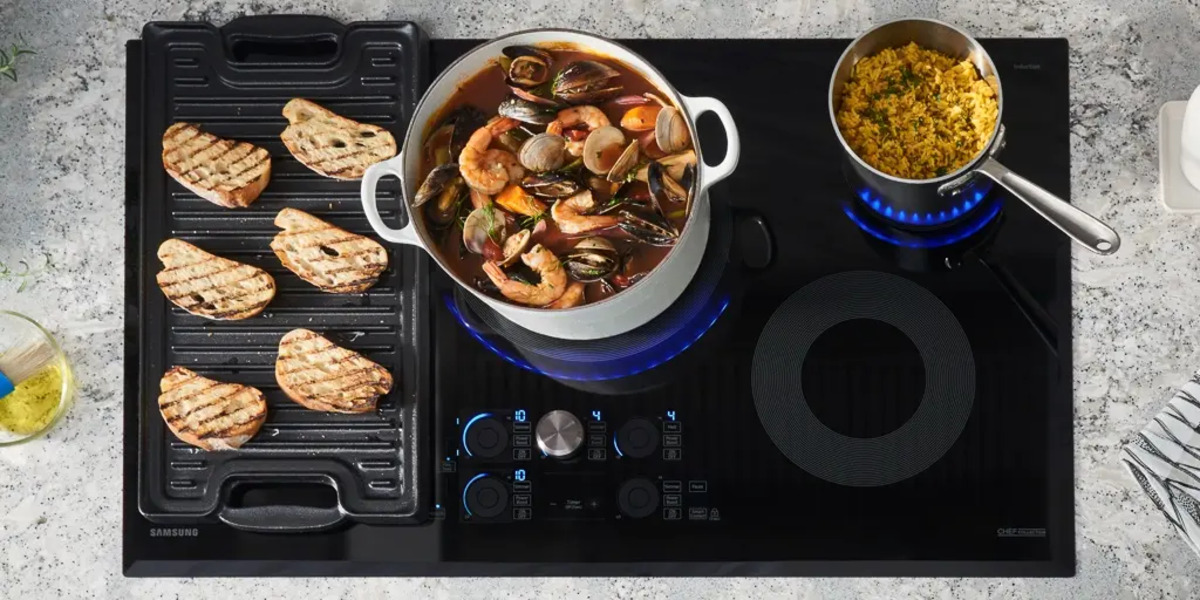
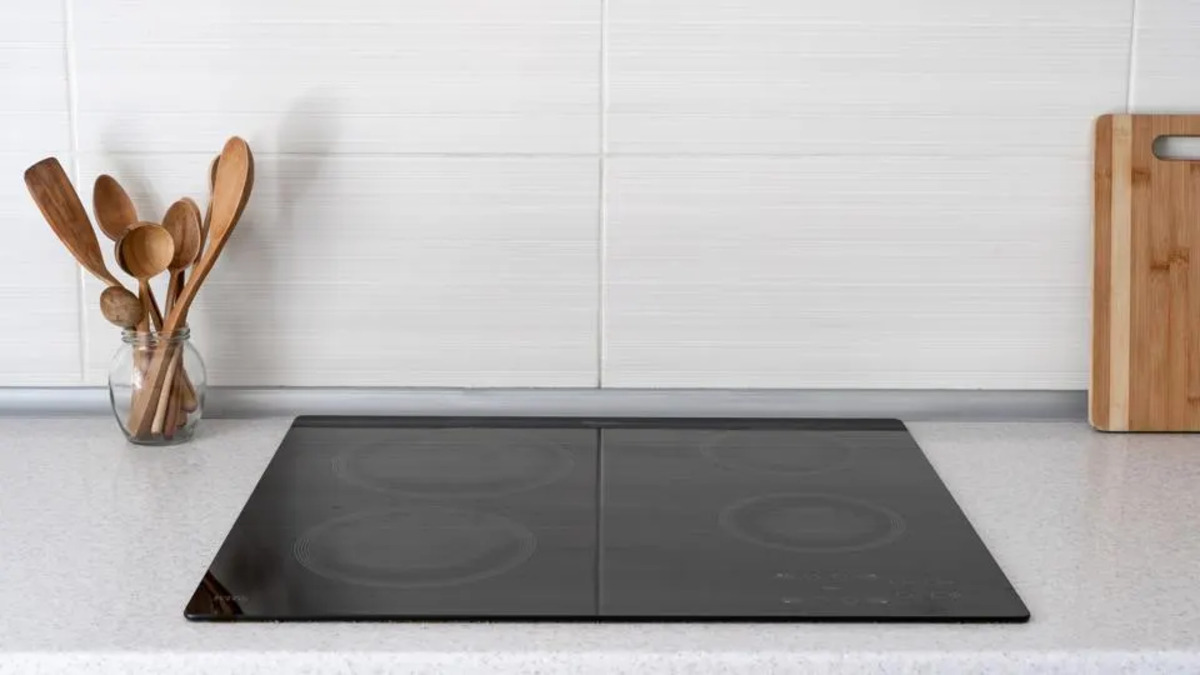
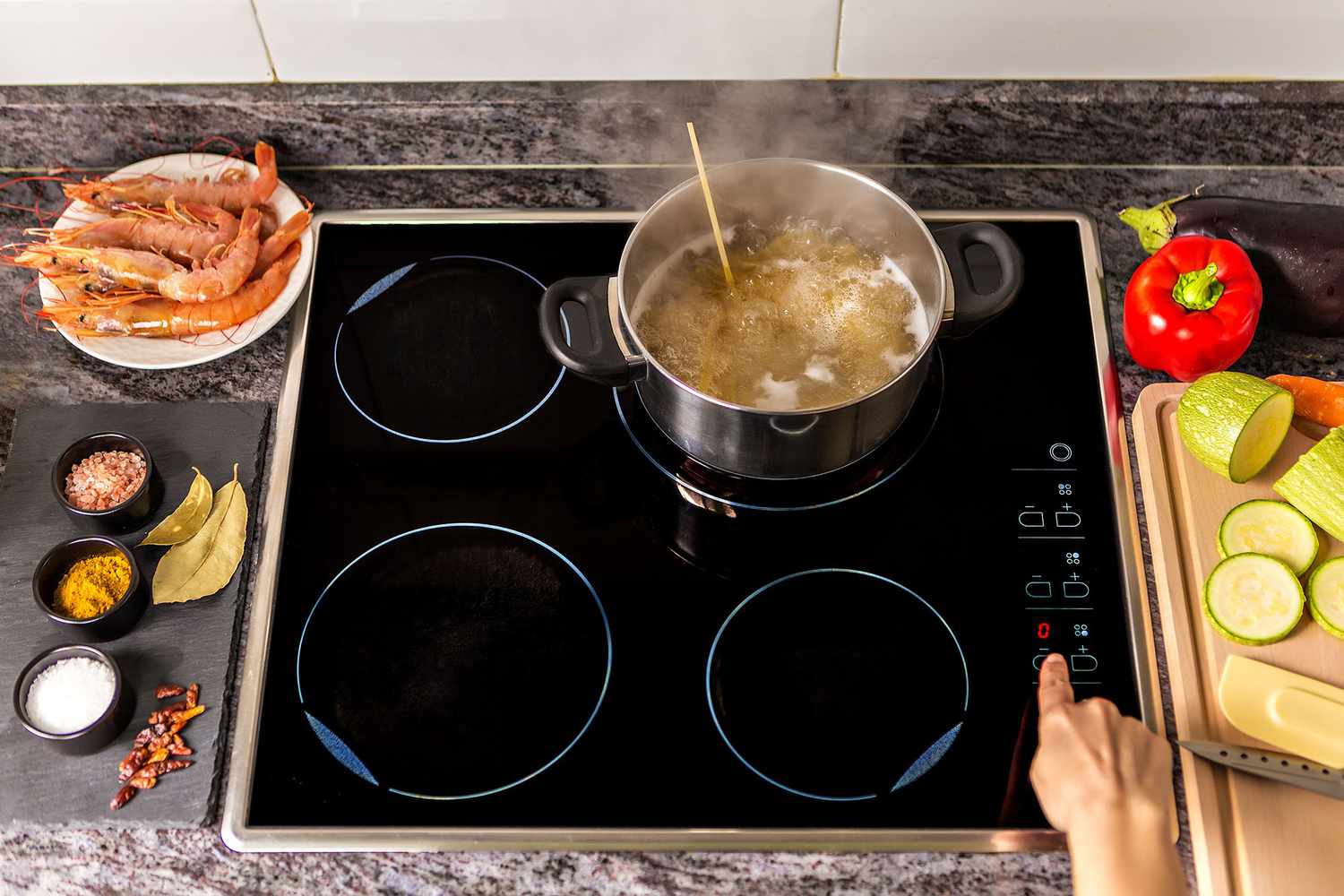
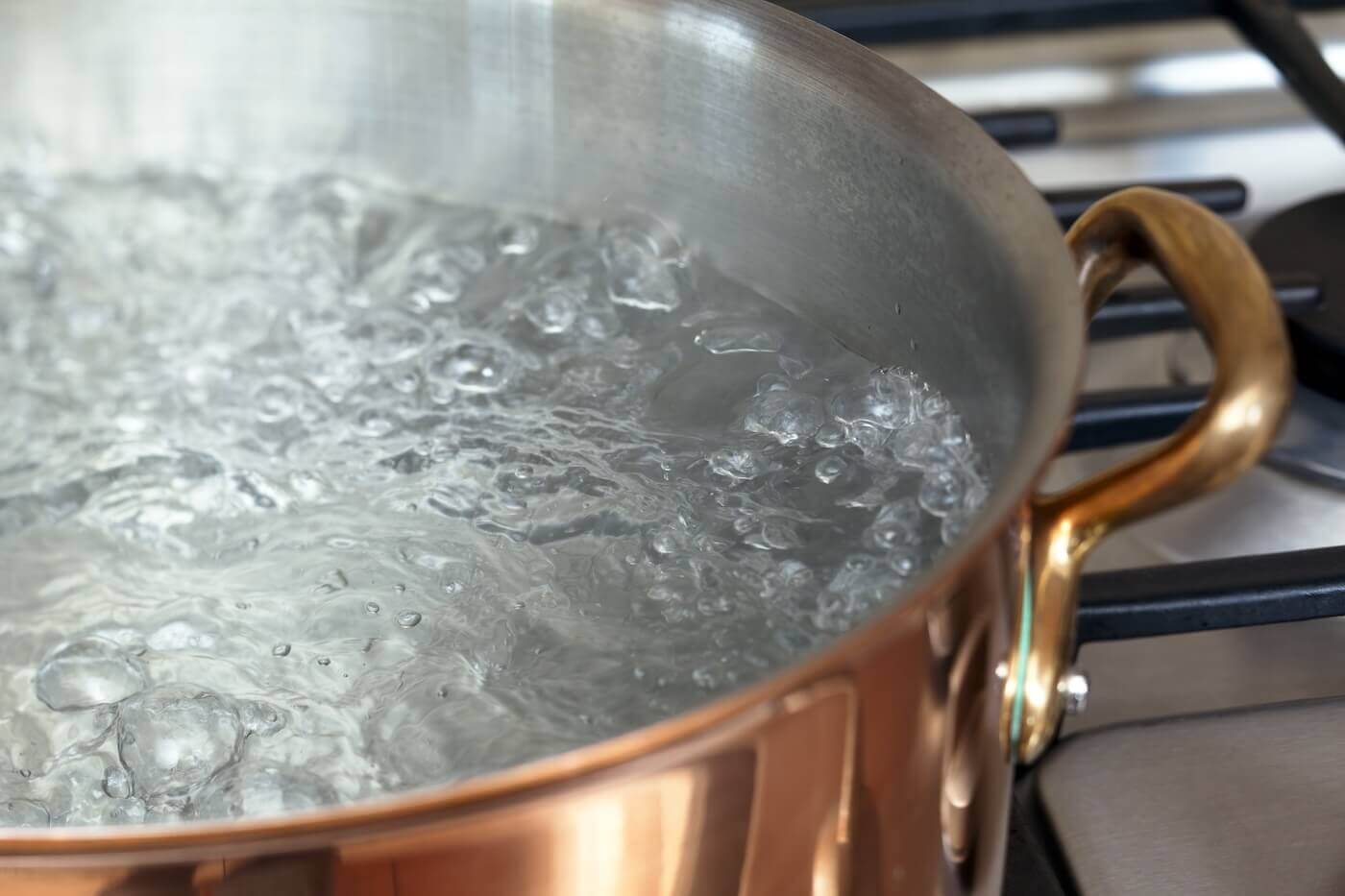
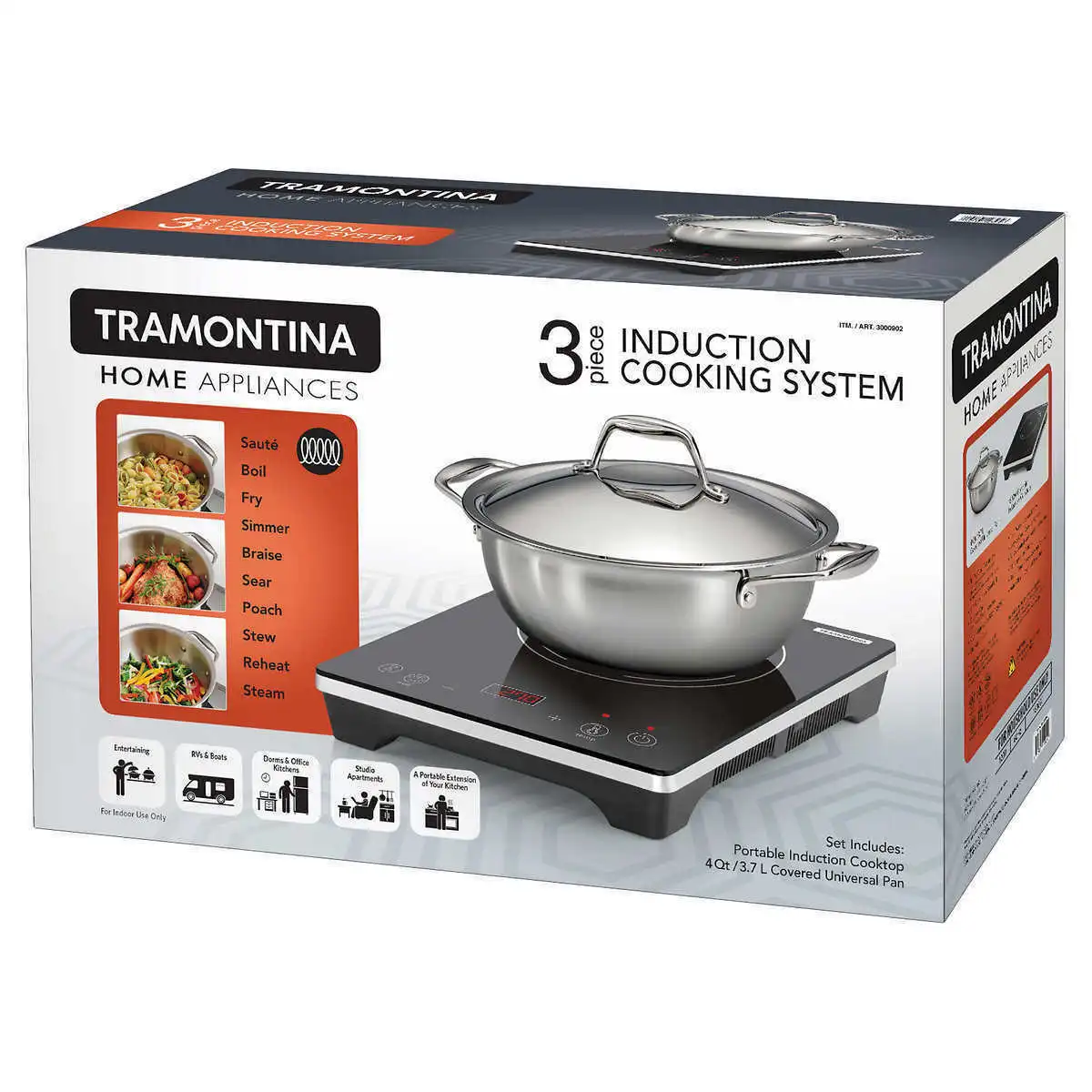
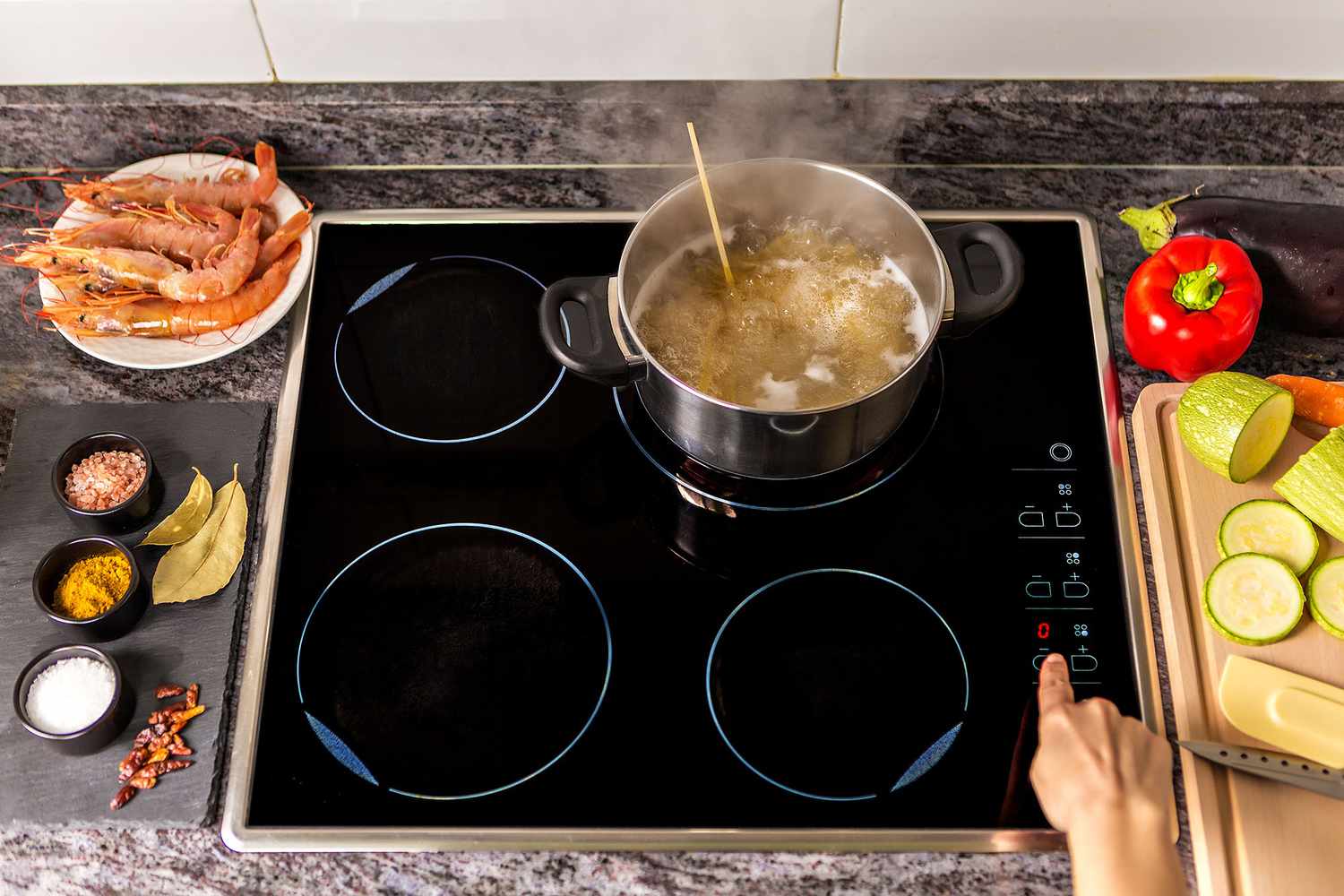
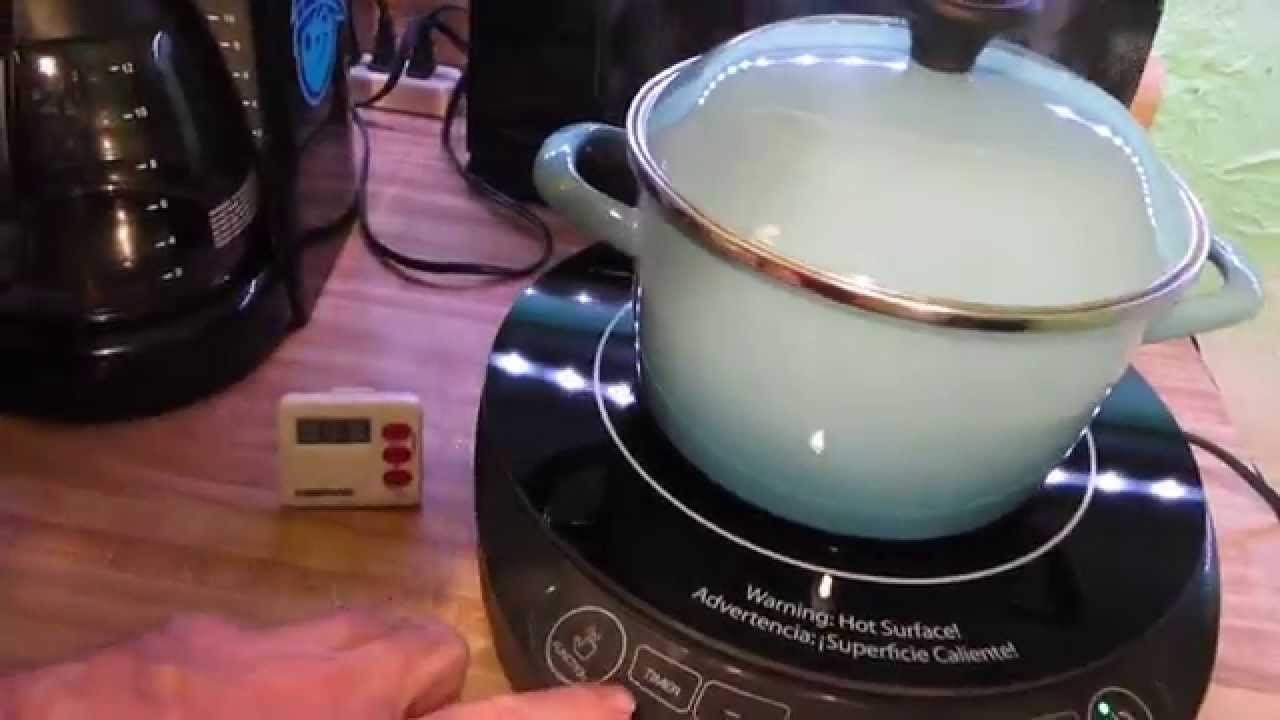
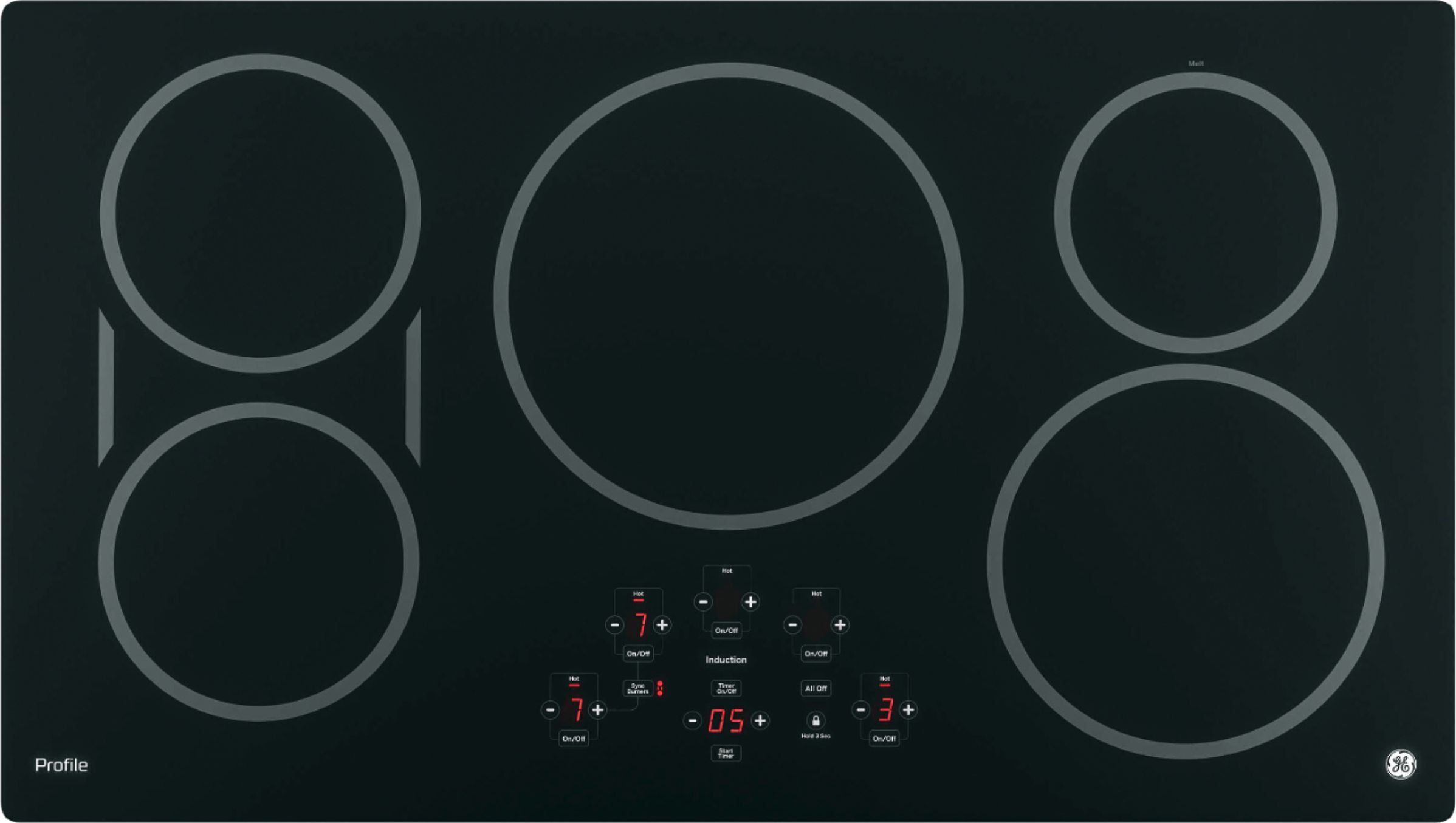
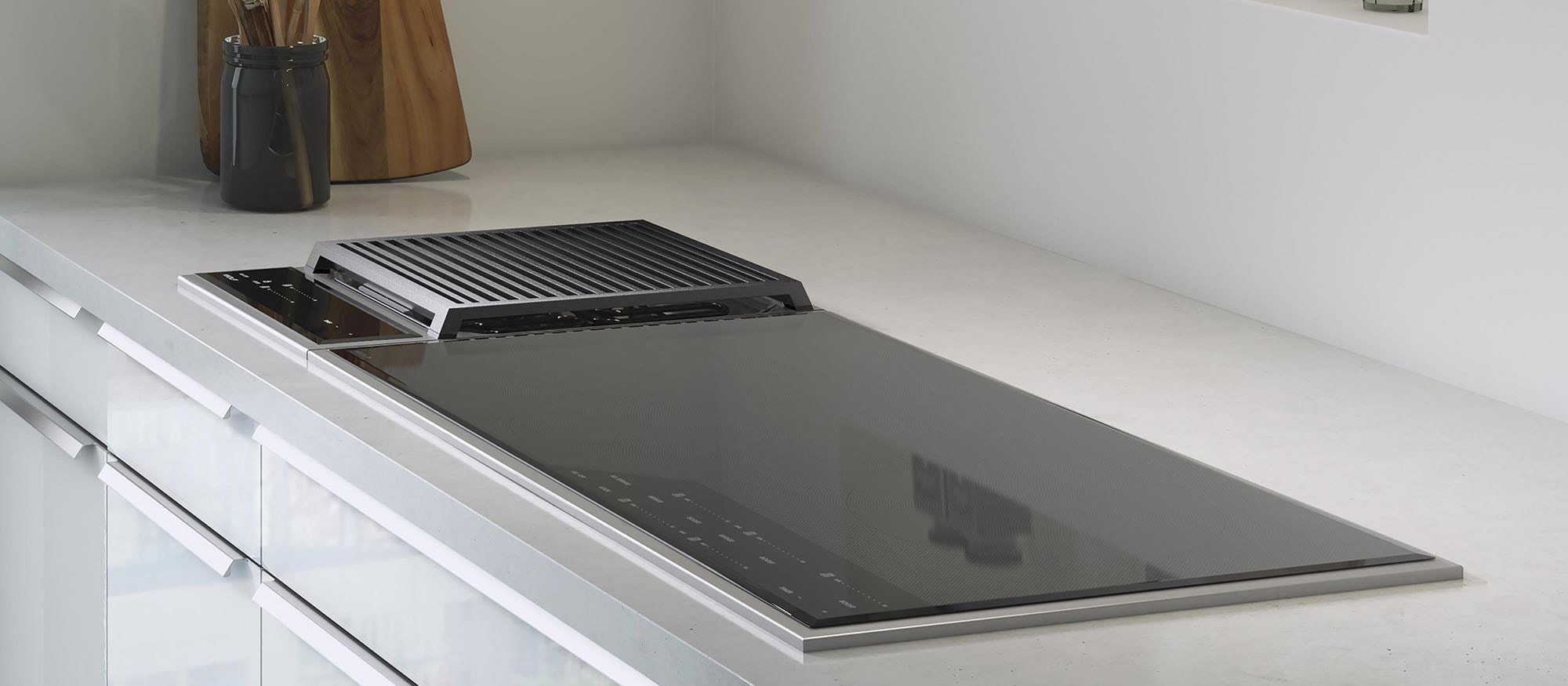
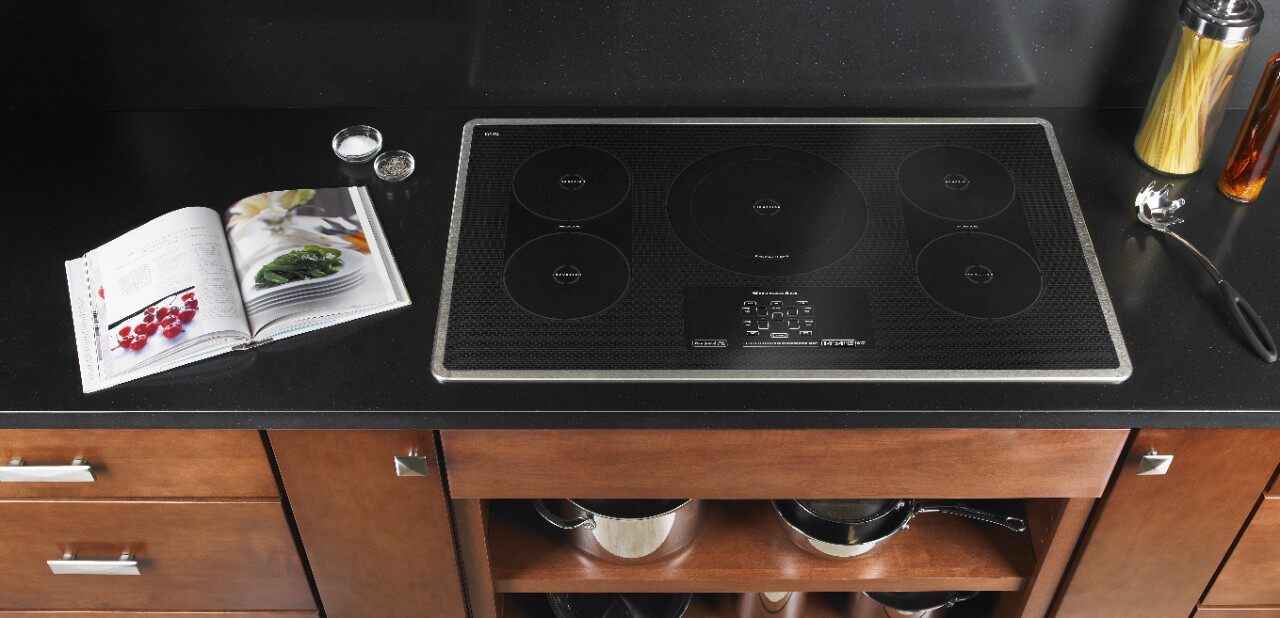

0 thoughts on “What Temperature To Boil Water On Induction Cooktop”